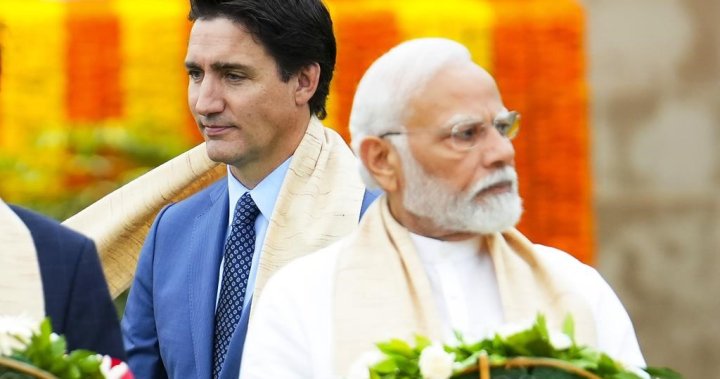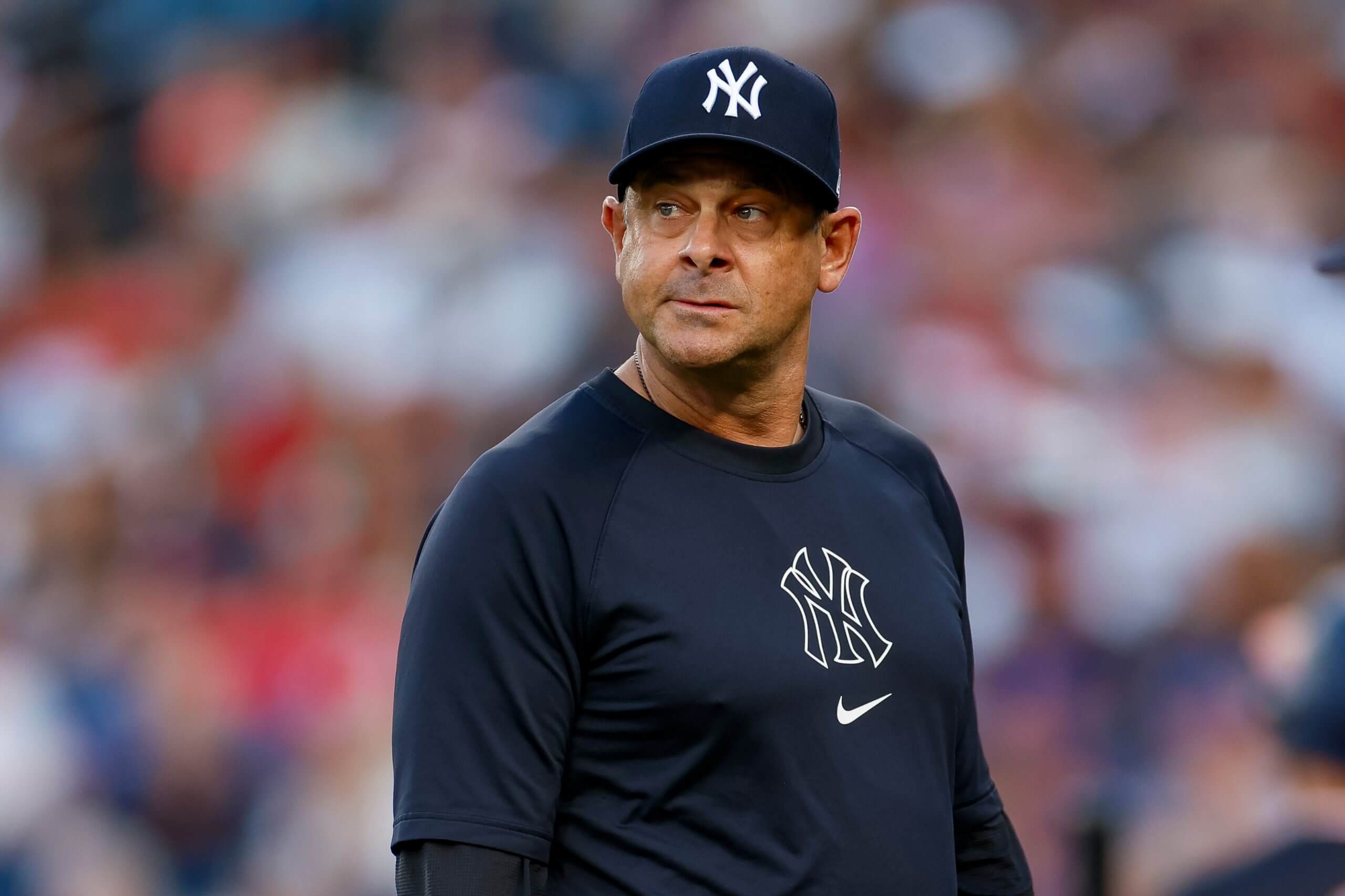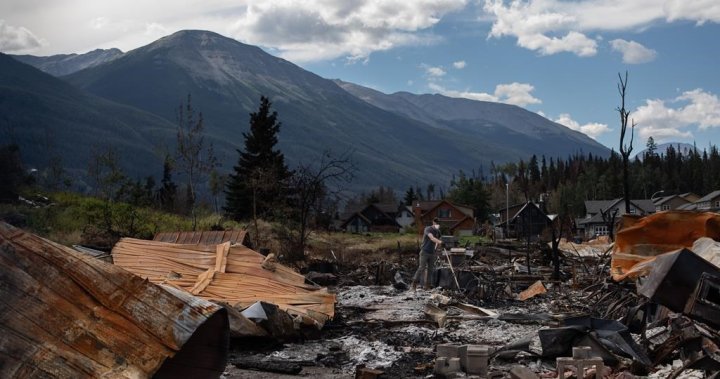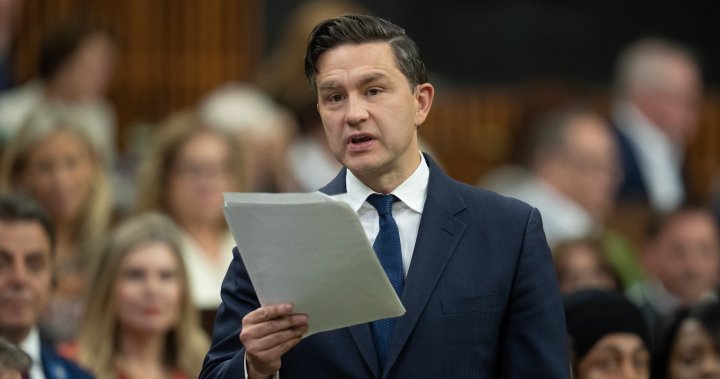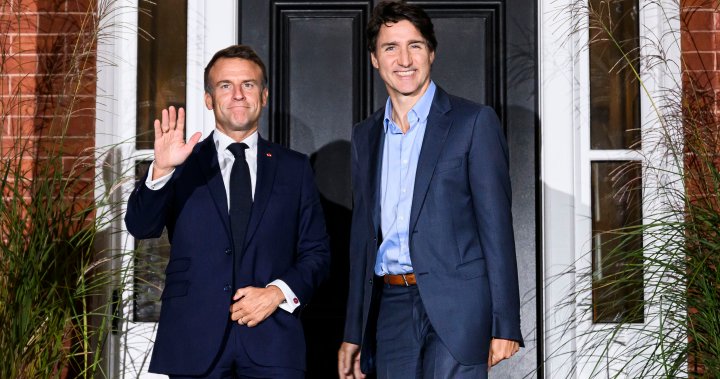Media outlets aligned with the Indian government “targeted” Prime Minister Justin Trudeau after he revealed Canada suspected India was behind the killing of B.C. Sikh leader Hardeep Singh Nijjar, new documents suggest.
A report by the Rapid Response Mechanism (RRM), a unit with Global Affairs Canada that monitors state-sponsored disinformation, said commentators at outlets that backed Indian Prime Minister Narendra Modi amplified highly similar narratives that sought to discredit Trudeau and Canada.
The report was released by a federal inquiry investigating allegations of foreign interference in the 2019 and 2021 federal elections.
The analysis of online platforms found that pro-Modi news media and influencers also went after Canadian security agencies, the Sikh diaspora and Canada’s High Commissioner to India following Trudeau’s September 2023 announcement linking Indian agents to Nijjar’s murder.
An outspoken leader of the Khalistan movement that seeks independence for India’s Punjab region, Nijjar was gunned down in the parking lot of the Guru Nanak Sikh Temple in Surrey, B.C. on June 18, 2023. In May, the four suspected gunmen were arrested in Alberta and Ontario.
Trudeau’s public announcement that the Canadian government had “credible allegations” of a “potential link” between Nijjar’s killers and agents of the Indian government further chilled an already frosty relationship between Ottawa and New Delhi.

Get daily National news
Get the day’s top news, political, economic, and current affairs headlines, delivered to your inbox once a day.
“(The) incident has quickly evolved into a diplomatic crisis between Canada and India that will likely carry considerable implications for Canadian foreign policy,” the RRM report, included in a cache of documents released by the Hogue inquiry Thursday, read.
The report noted that some pro-Modi news outlets painted Canada as “isolated” within the G7, and suggested the country’s allies were not eager to “clash” with India amidst sanctions on Russia and an increasingly confrontational China.
The RCMP is still investigating several Indian officials and agents it suspects were involved in Nijjar’s killing. India has pushed back at the suggestion it assassinated Nijjar because of his prominent role in the Khalistan movement, but at the same time it has branded him a wanted terrorist leader.
The United States has also accused an Indian intelligence officer of hiring alleged drug trafficker Nikhil Gupta to murder one of Nijjar’s associates, Gurpatwant Pannun, the New York-based lawyer for the group Sikhs for Justice. Gupta was arrested in the Czech Republic on June 30.
The report said the RMM Canada had “observed high levels of similarity in the tone and type of narratives” that Modi-aligned media had used to discredit the allegation of India’s involvement in Nijjar’s killing, but added “it was not possible for RMM Canada to verify if these outlets worked in conjunction to amplify their reach.”
Chinese state-controlled news outlets such as Global Times and Xinhua also joined in with “robust coverage” and were “opportunistic in replicating narratives from a range of Indian sources that put Canada in a negative light” and depicted Ottawa as isolated from its allies, said the report.
“The tenor of the narratives was often heated, with commentators employed by Modi-aligned outlets posting that PM Trudeau and Canadian institutions were ‘enablers of terrorism,’ ‘falling into the laps of Khalistani extremists,’ or ‘treacherous’ against India, according to the report.
It said media aligned with Modi and his Bharatiya Kanata Party reach millions more readers than Canadian news outlets, giving them a “distinct advantage in amplifying negative narratives about Canada and its position on the killing of Nijjar.”
Both the Foreign Interference Commission and the National Security and Intelligence Committee of Parliamentarians (NSICOP) have ranked India as the number two foreign interference threat to Canada, behind only China.
The RRM was established by G7 countries at a meeting in Charlevoix, Que., in 2018 as a way to monitor and “respond to diverse and growing threats to democracy.”
© 2024 Global News, a division of Corus Entertainment Inc.
